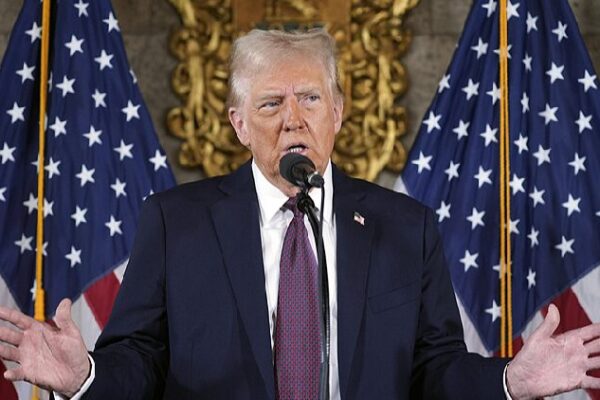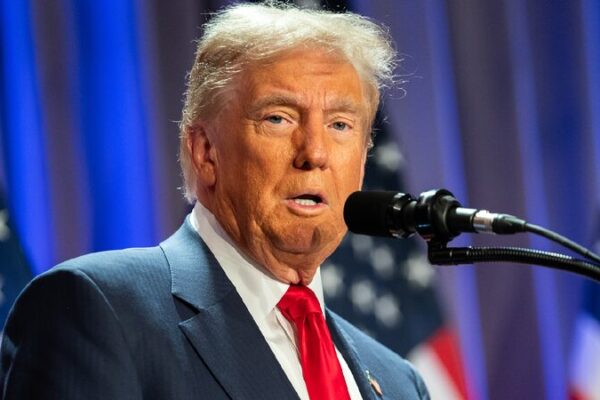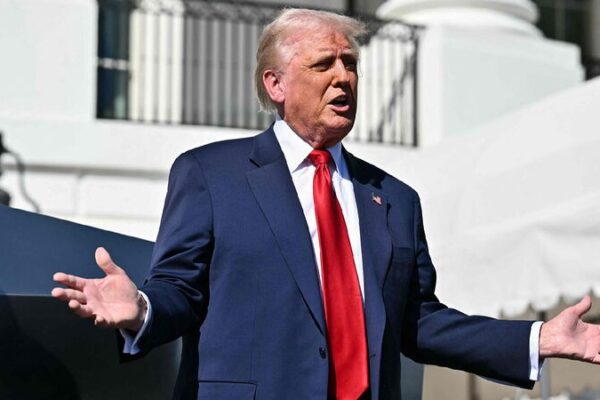Former U.S. President Donald Trump recently announced plans to introduce new tariffs on imports from China, Mexico, and Canada. Speaking on his social media platform, Trump proposed a 25% tariff on all goods coming from Mexico and Canada, and an additional 10% tariff on products from China.
Trump justified these tariffs by alleging that China continues to send large amounts of drugs, particularly fentanyl, into the United States, despite previous discussions aimed at curbing the opioid crisis. He suggests that these tariffs will protect American jobs and industries.
However, many experts argue that tariffs often lead to higher costs for consumers and can strain relationships with key trade partners. Previous tariff implementations have shown mixed results, with some studies indicating that U.S. businesses and consumers bear the brunt of the increased costs.
Leaders from Mexico and Canada have expressed concern over the proposed tariffs. Mexico’s President Claudia Sheinbaum warned that such measures could harm companies that operate across borders, while Ontario Premier Doug Ford stated that the tariffs could be “devastating to workers and jobs” in both countries.
Economists point out that tariffs can lead to retaliatory measures, potentially sparking trade wars that hurt all parties involved. The National Bureau of Economic Research noted that earlier tariffs did not significantly boost employment in protected sectors and had negative impacts due to retaliatory actions from other countries.
In the midst of trade tensions, China’s technological advancements continue. Chinese tech giant Huawei recently unveiled a new smartphone featuring homegrown technology, demonstrating resilience in the face of external pressures.
The debate over tariffs highlights the complex dynamics of global trade and the potential consequences of protectionist policies. As nations navigate these challenges, the impact on the global economy and international relations remains a key concern.
Reference(s):
Trump making promises on tariffs that will continue to cost U.S.
cgtn.com








